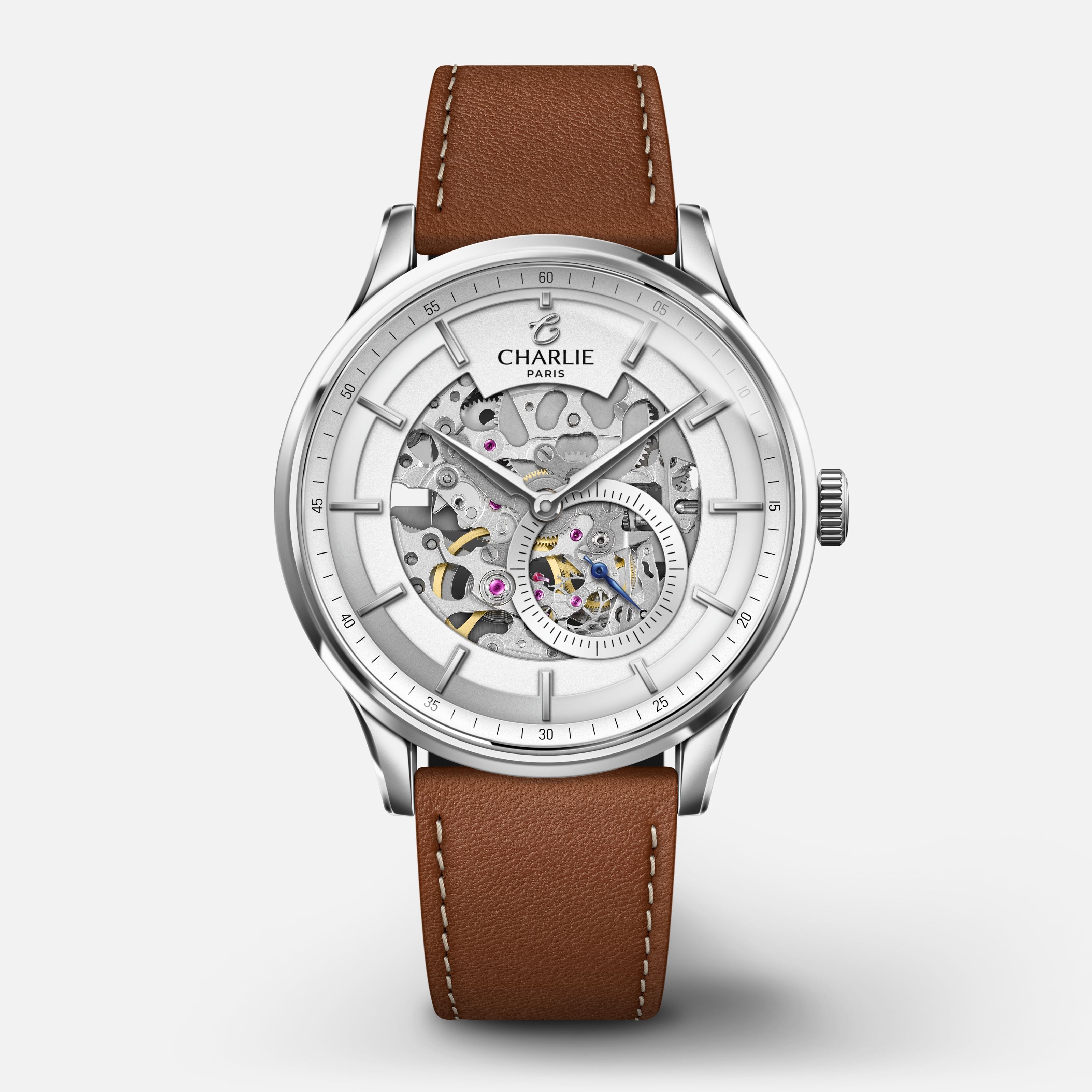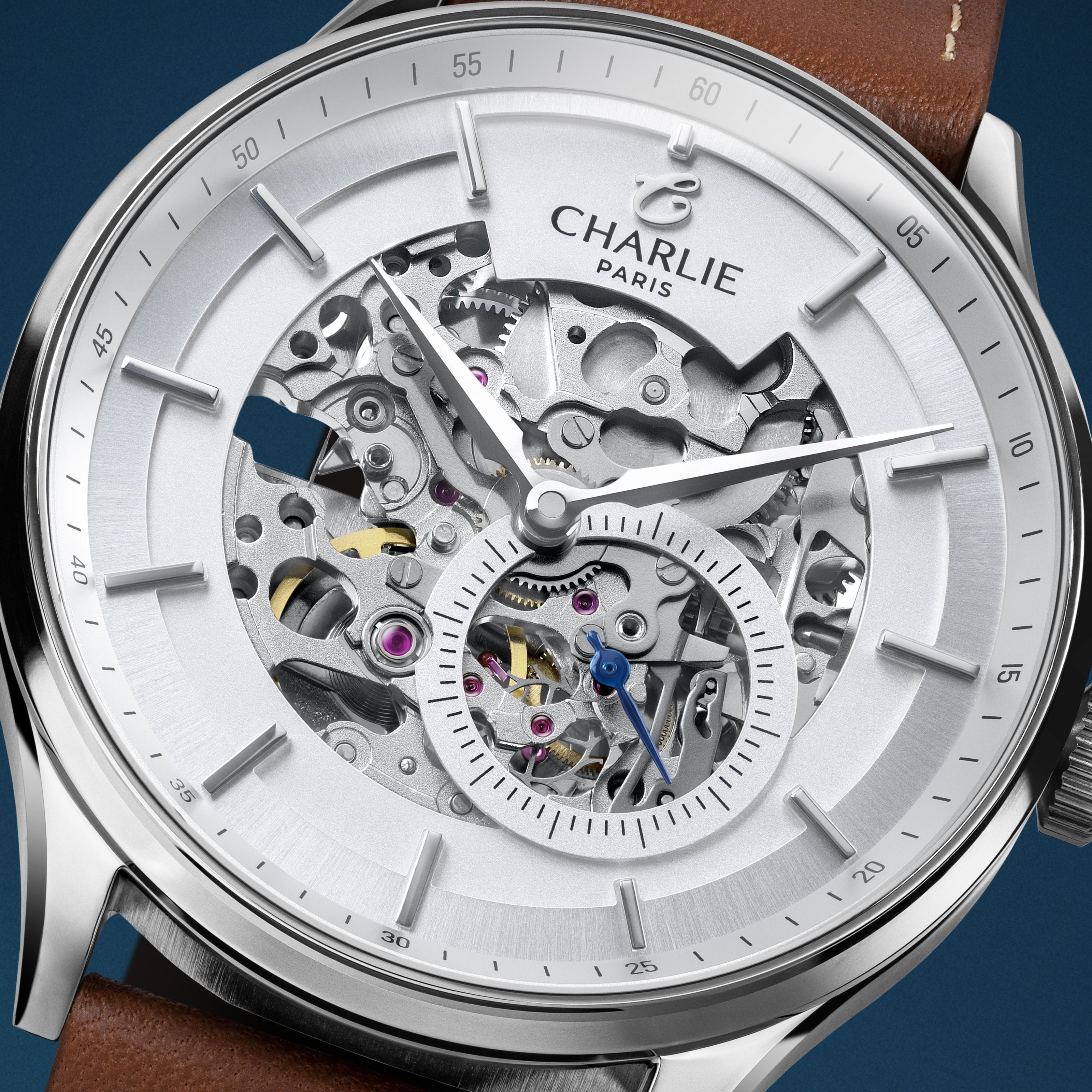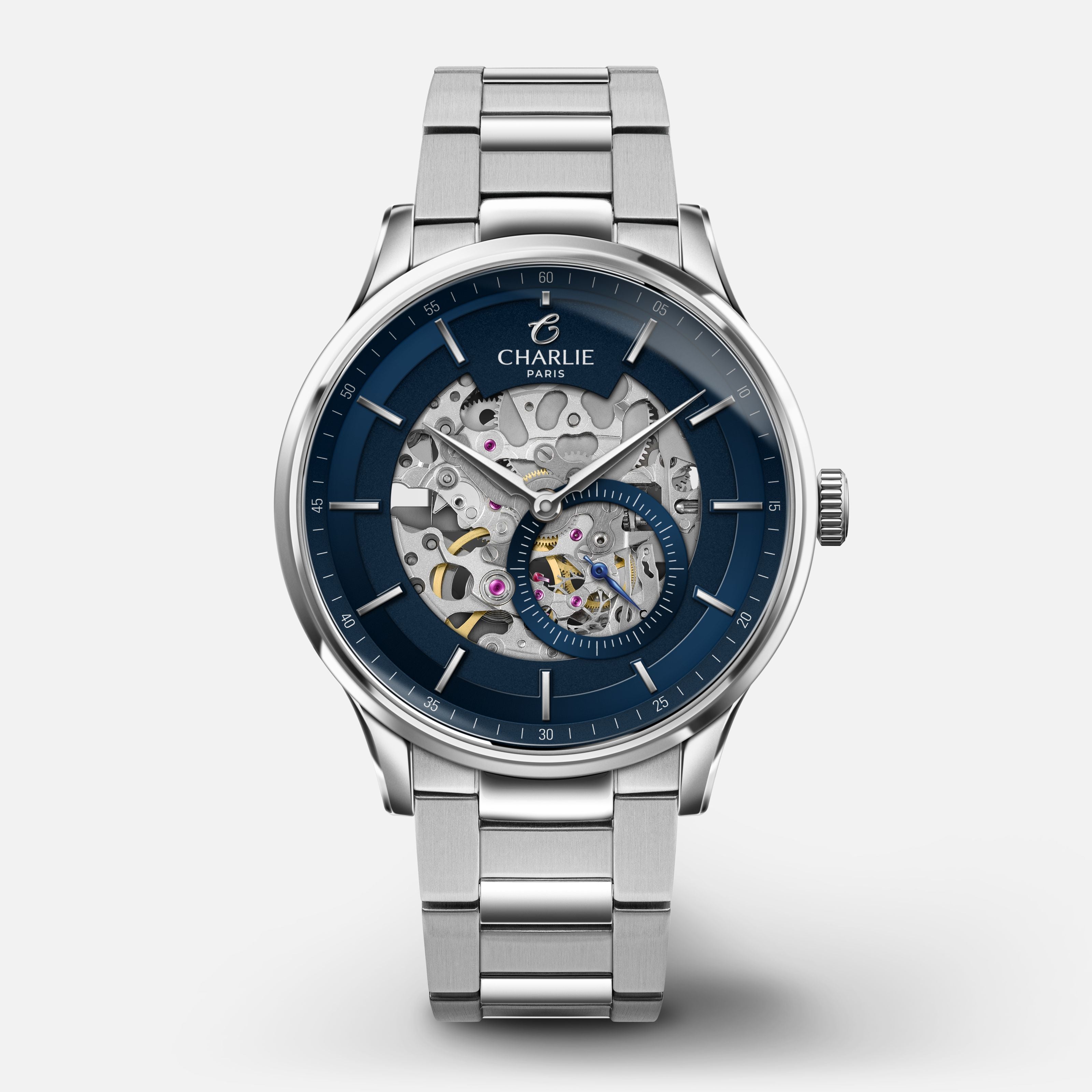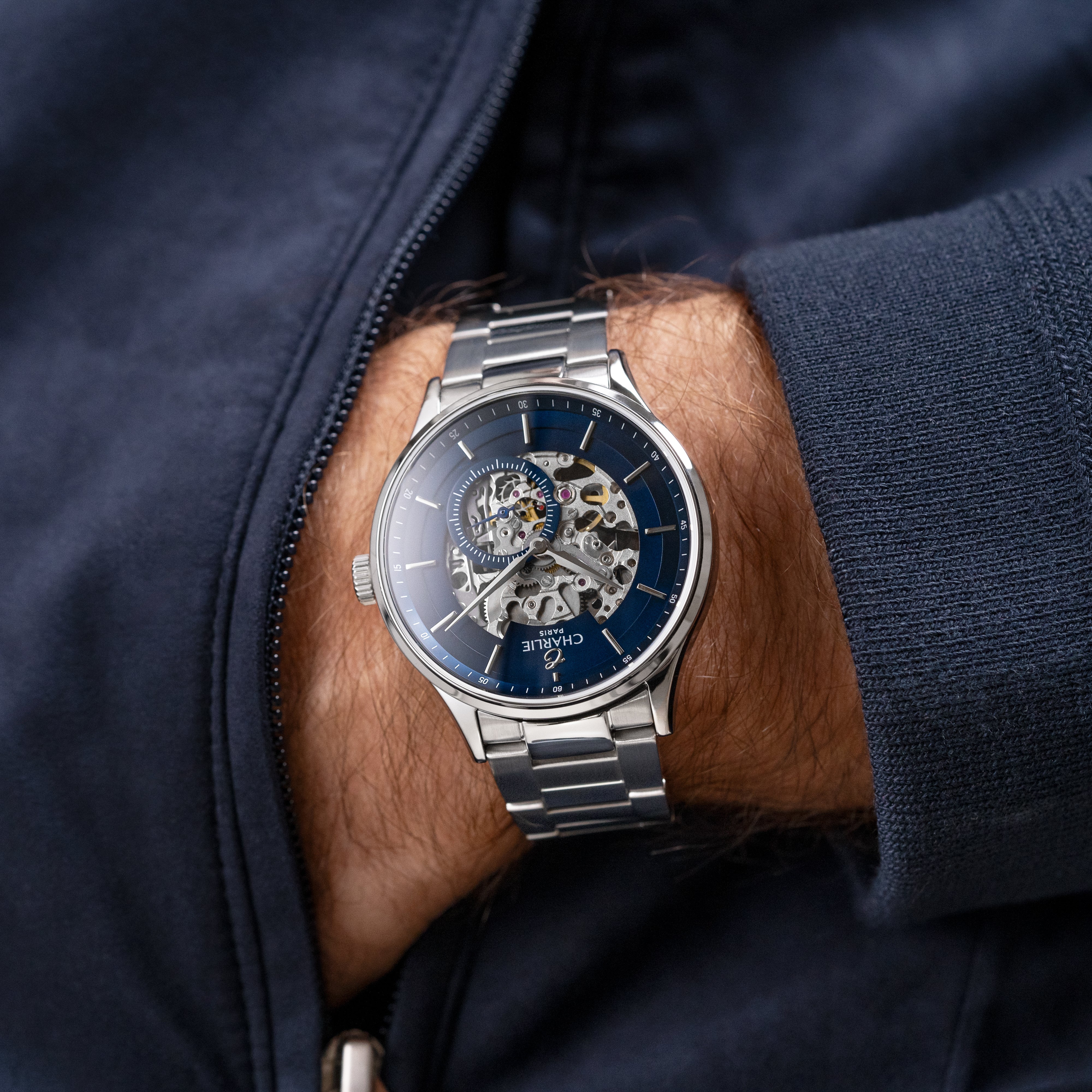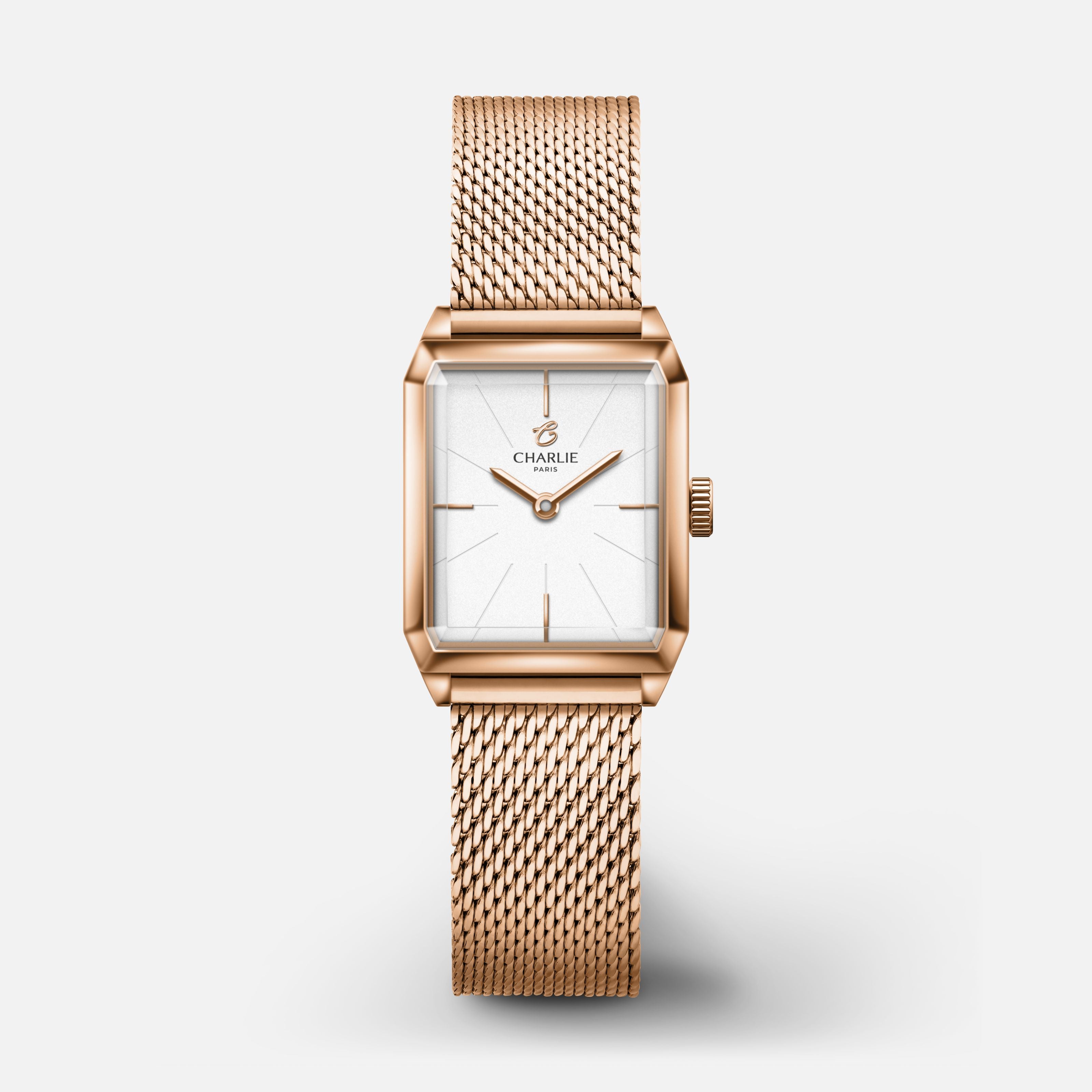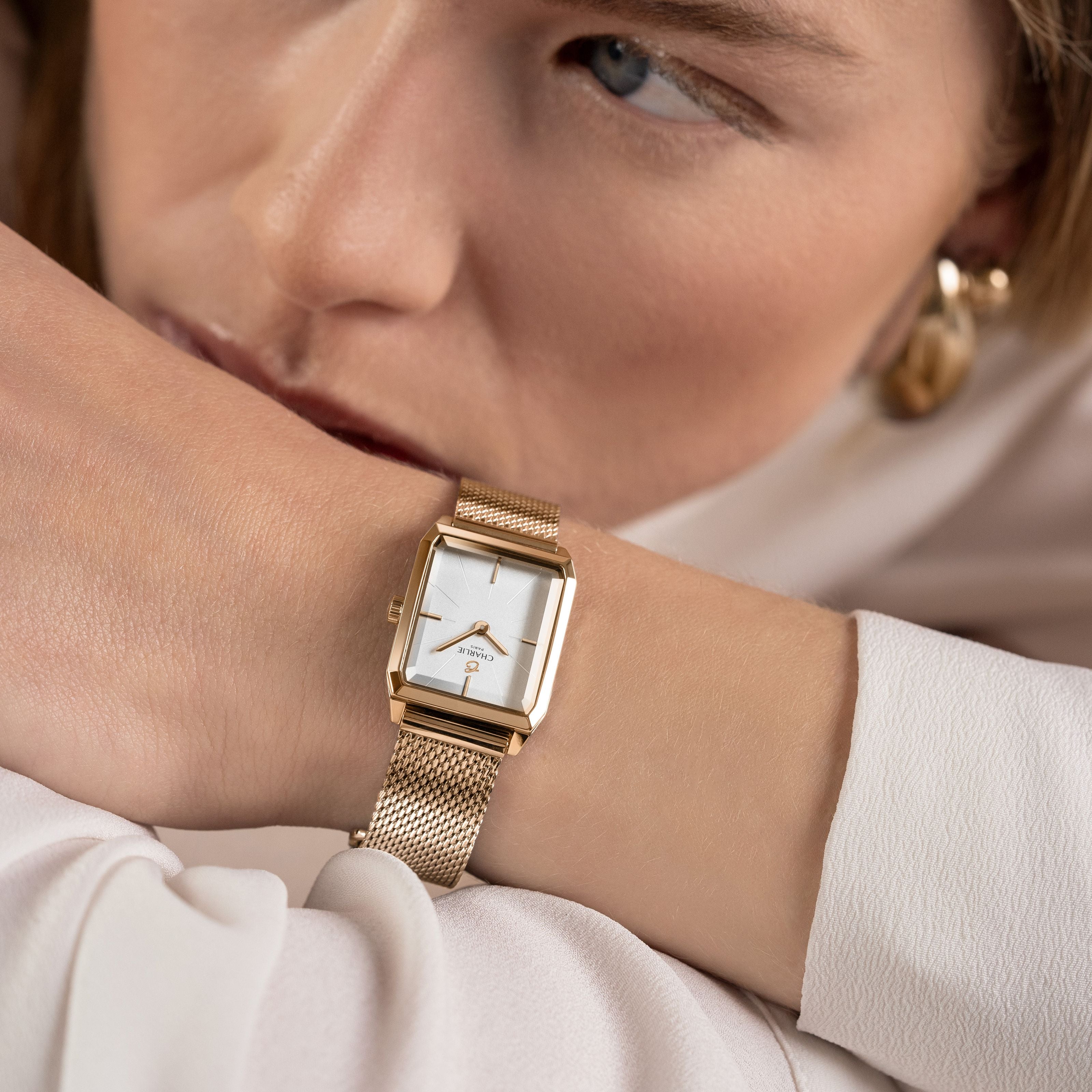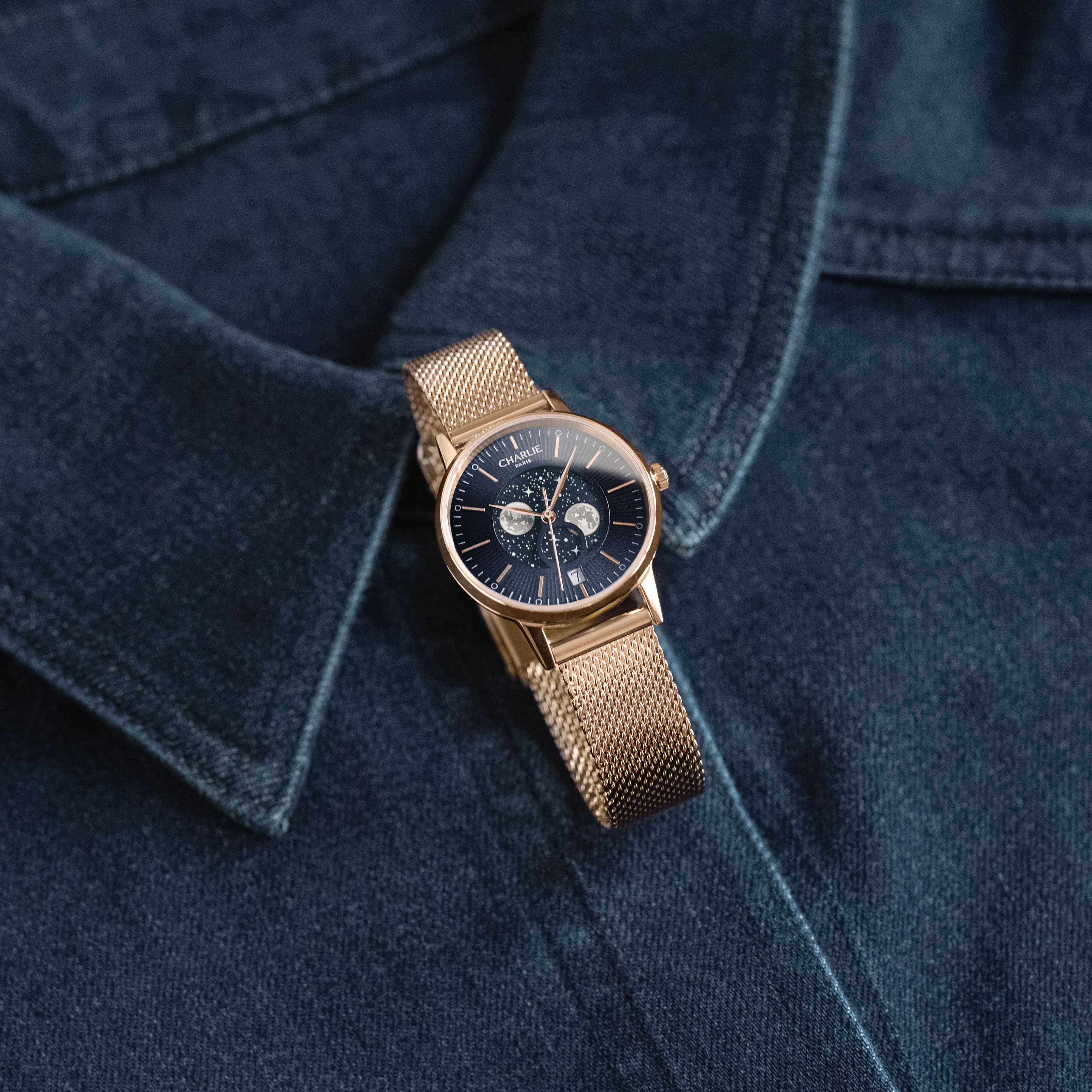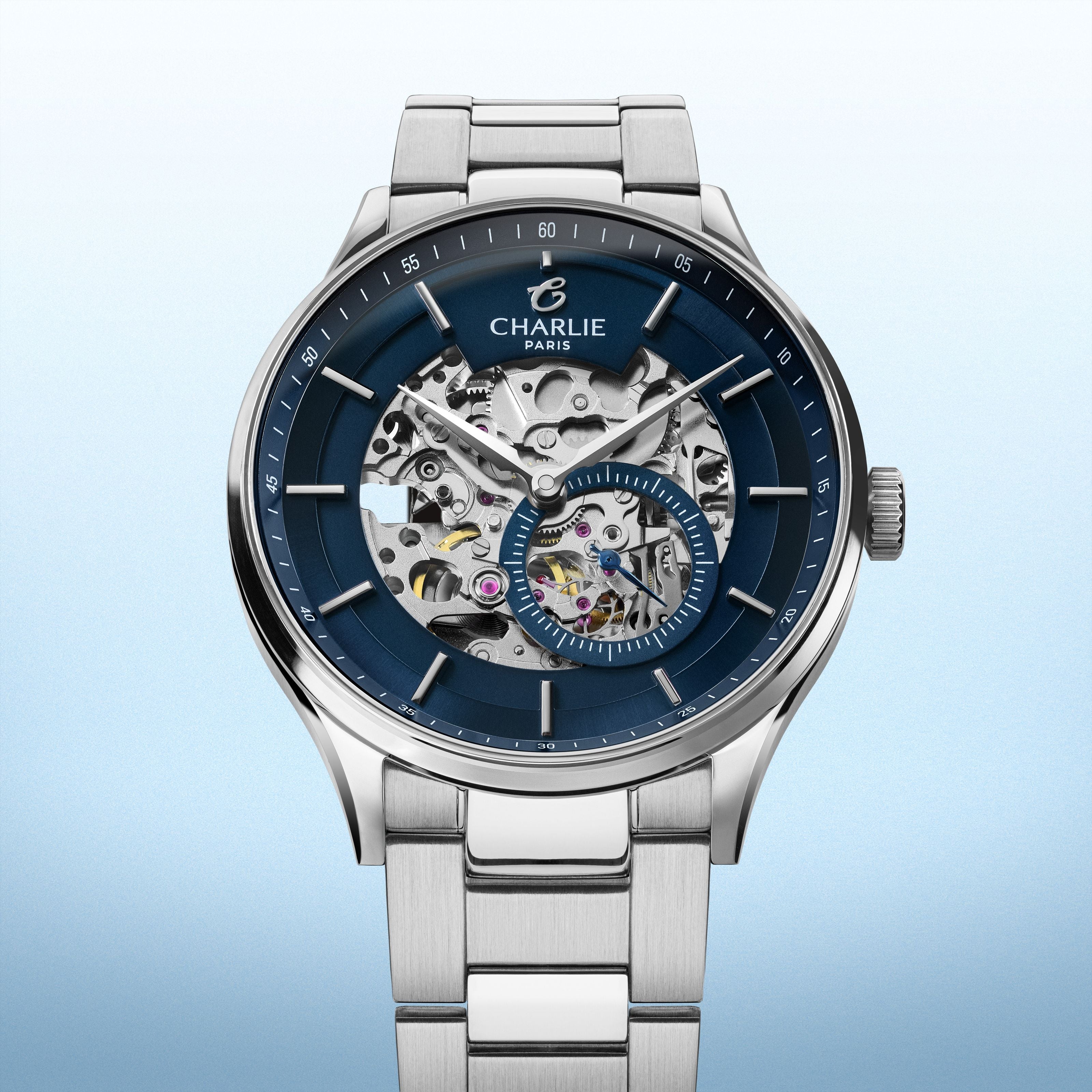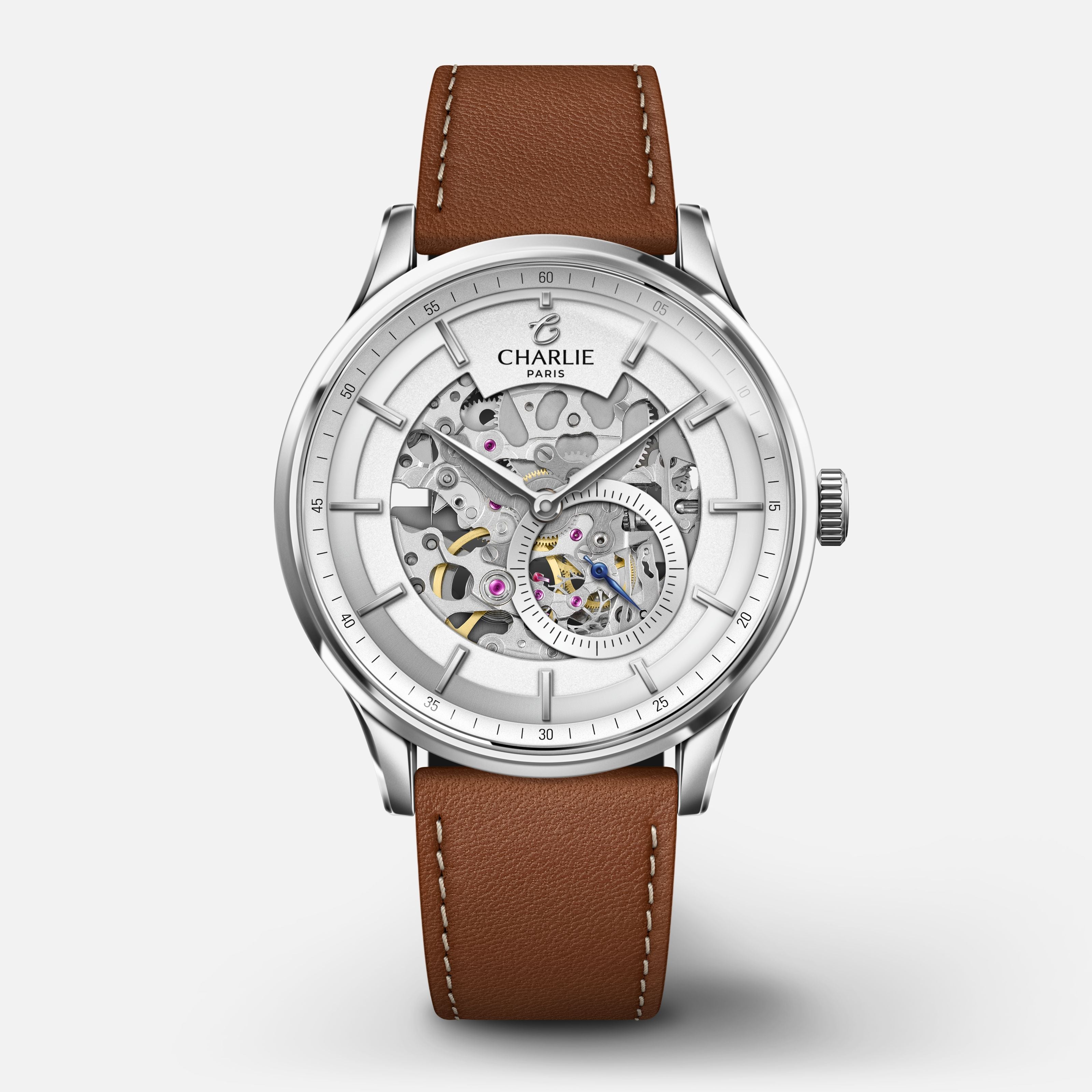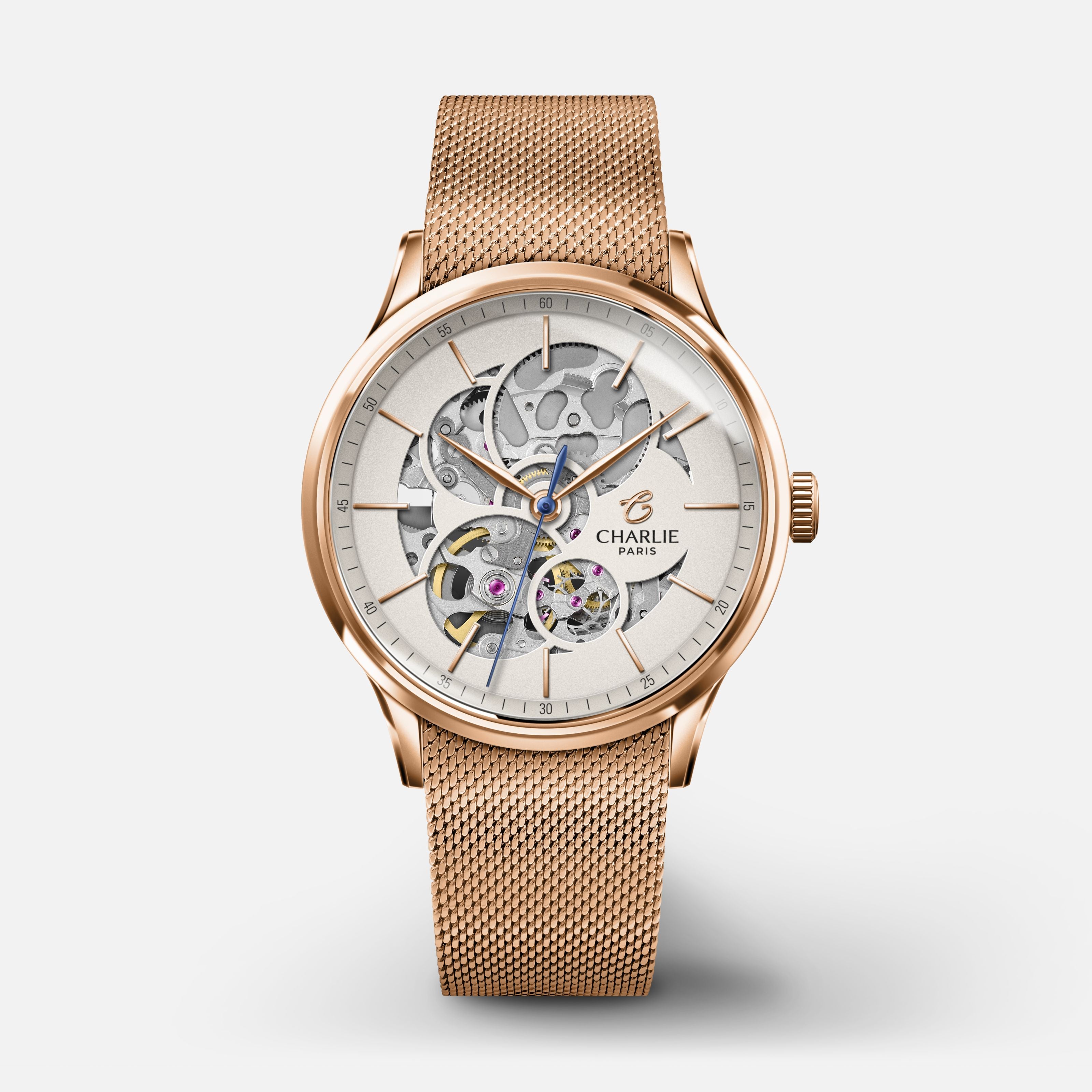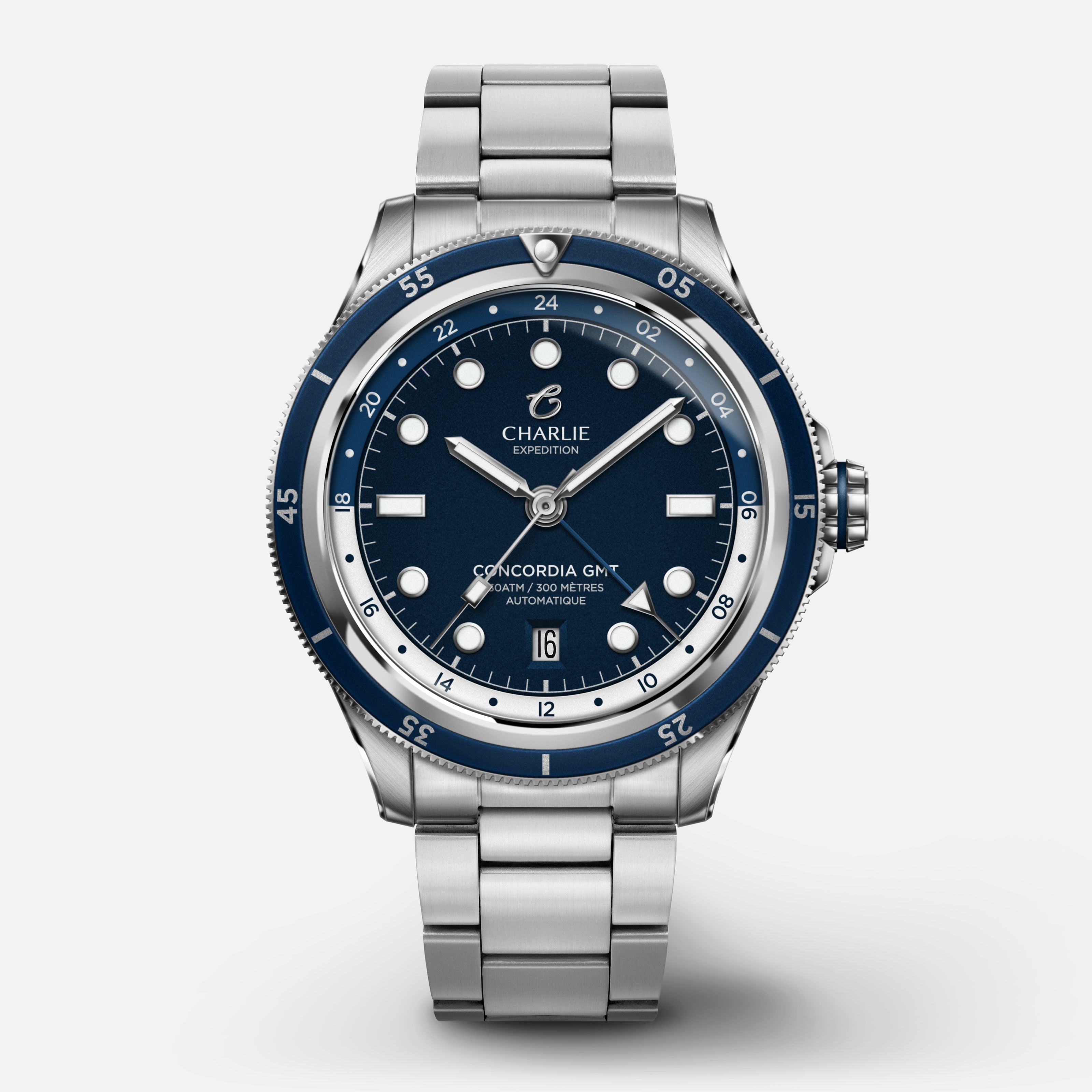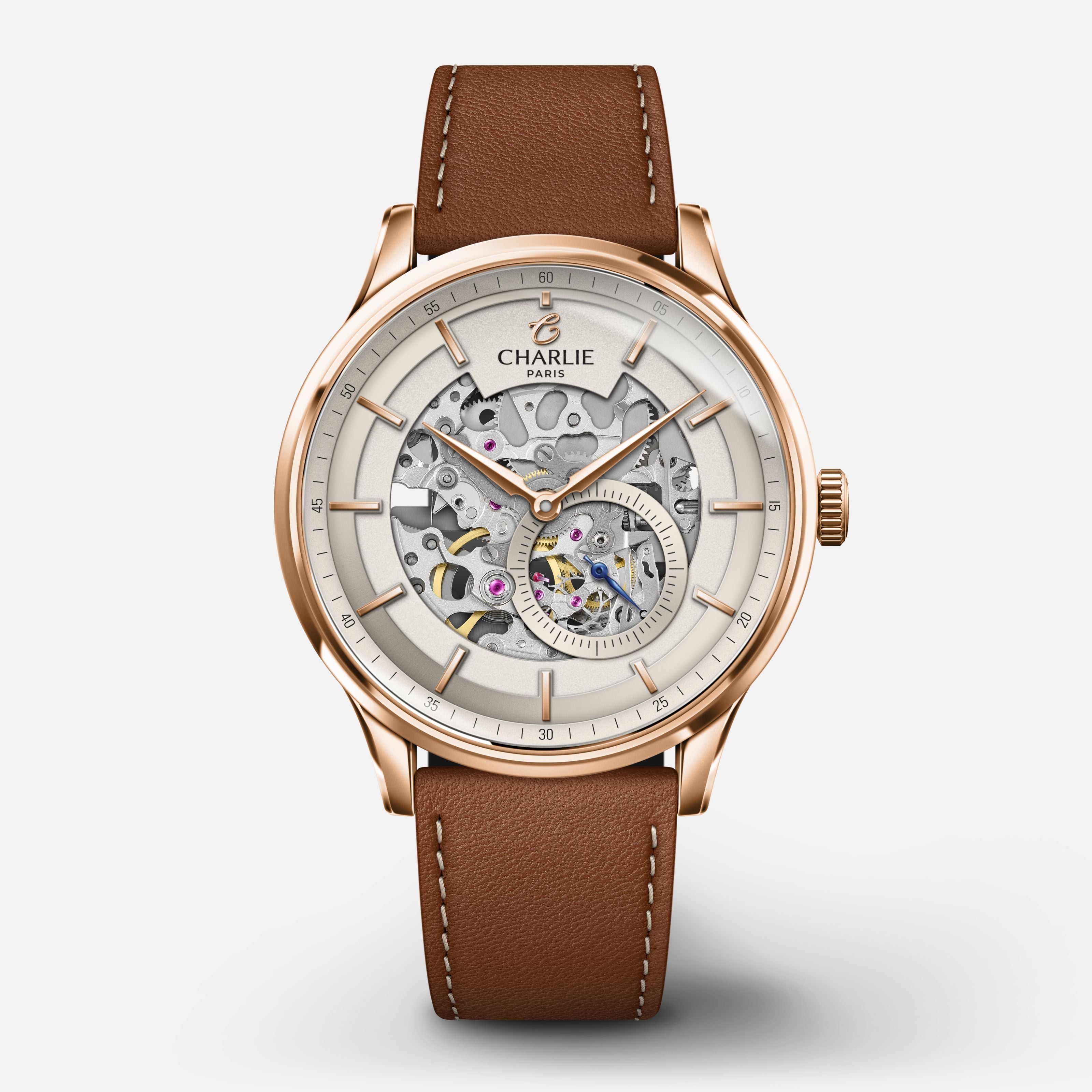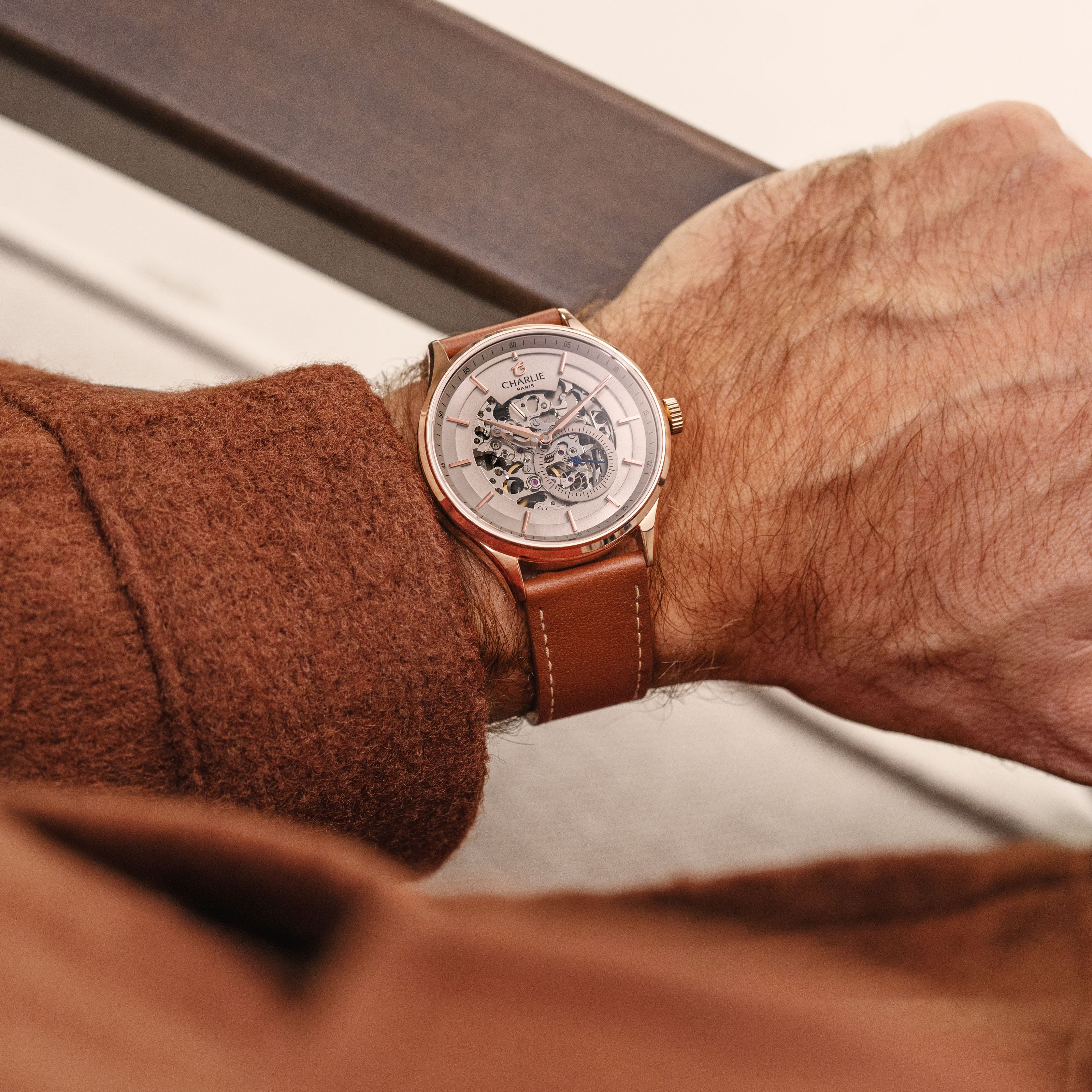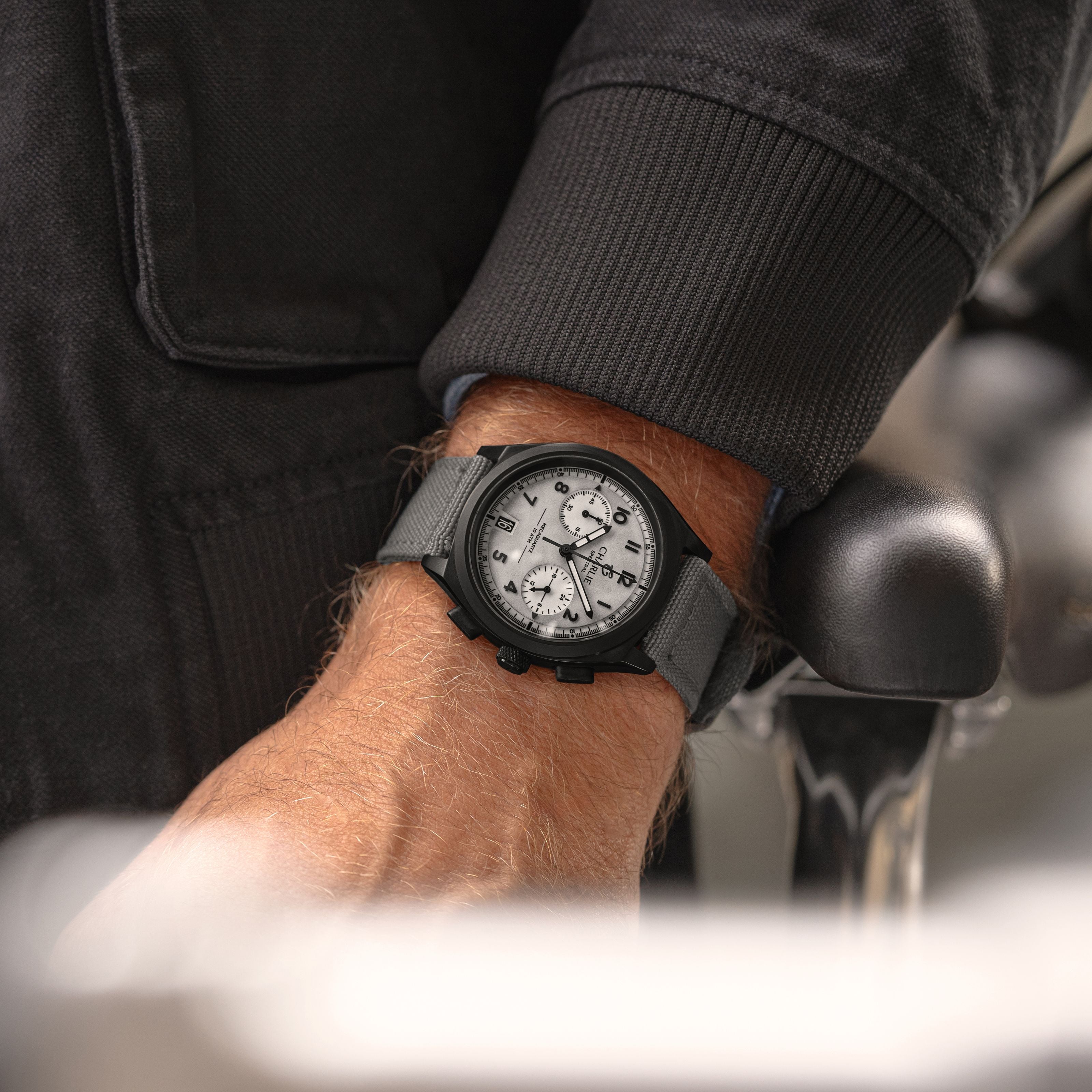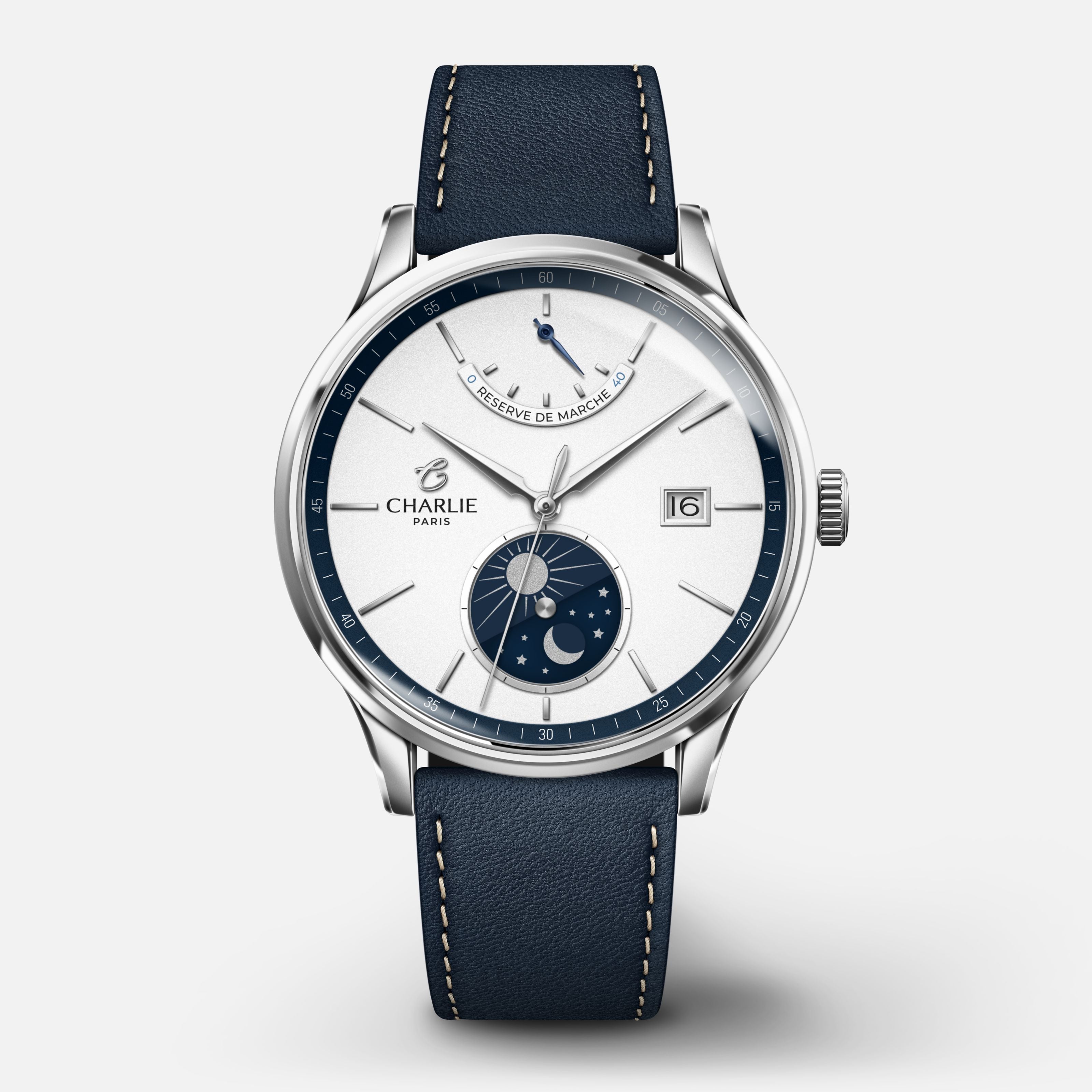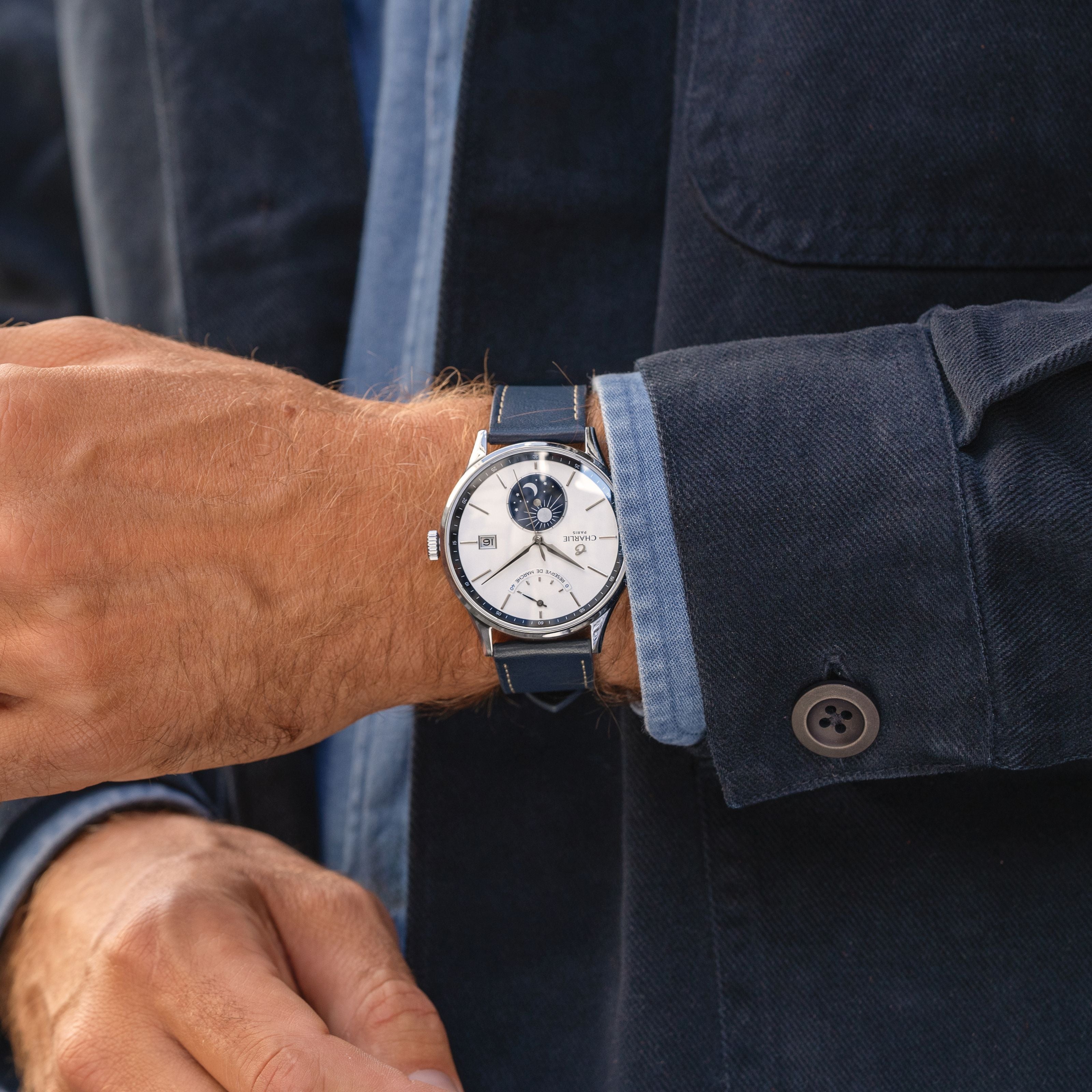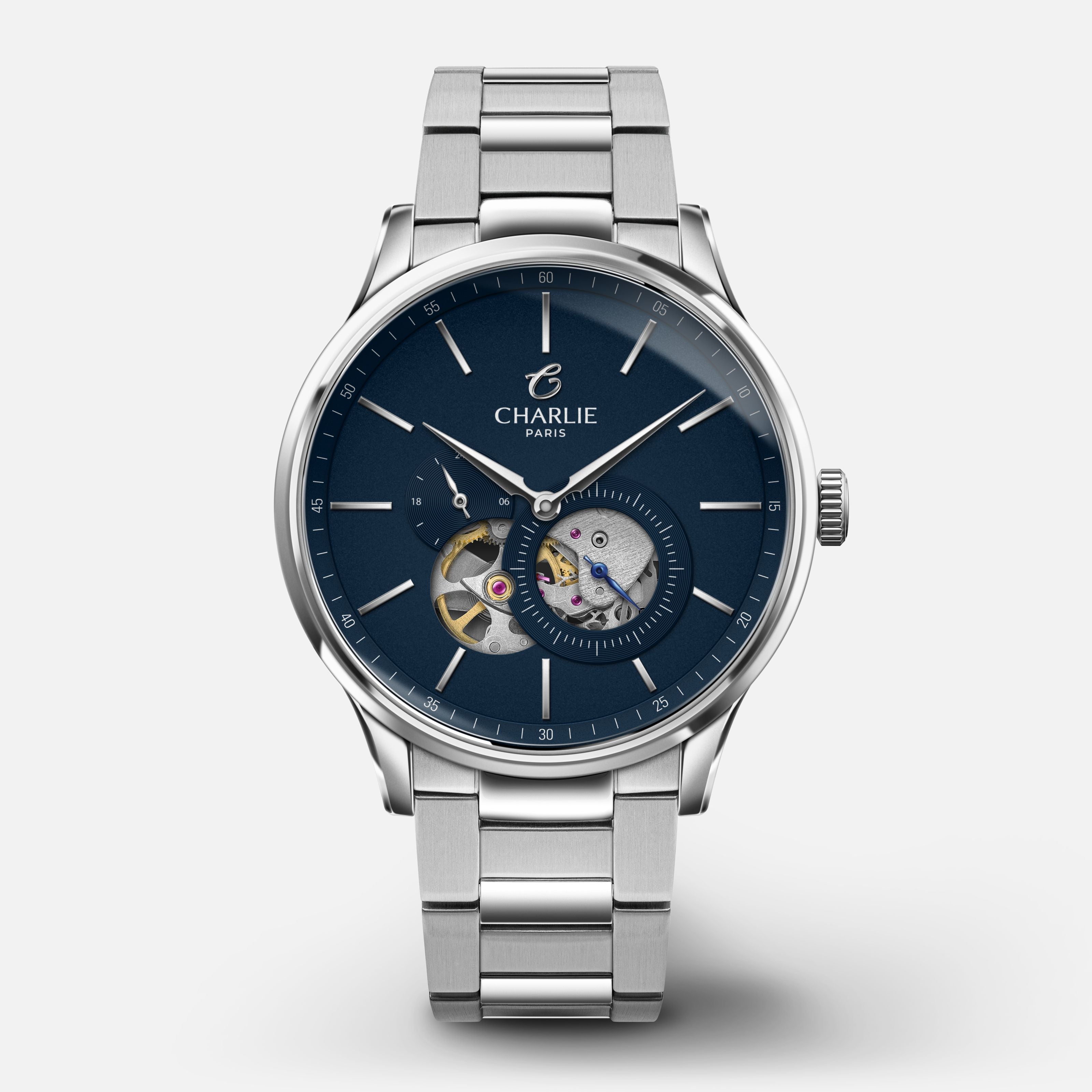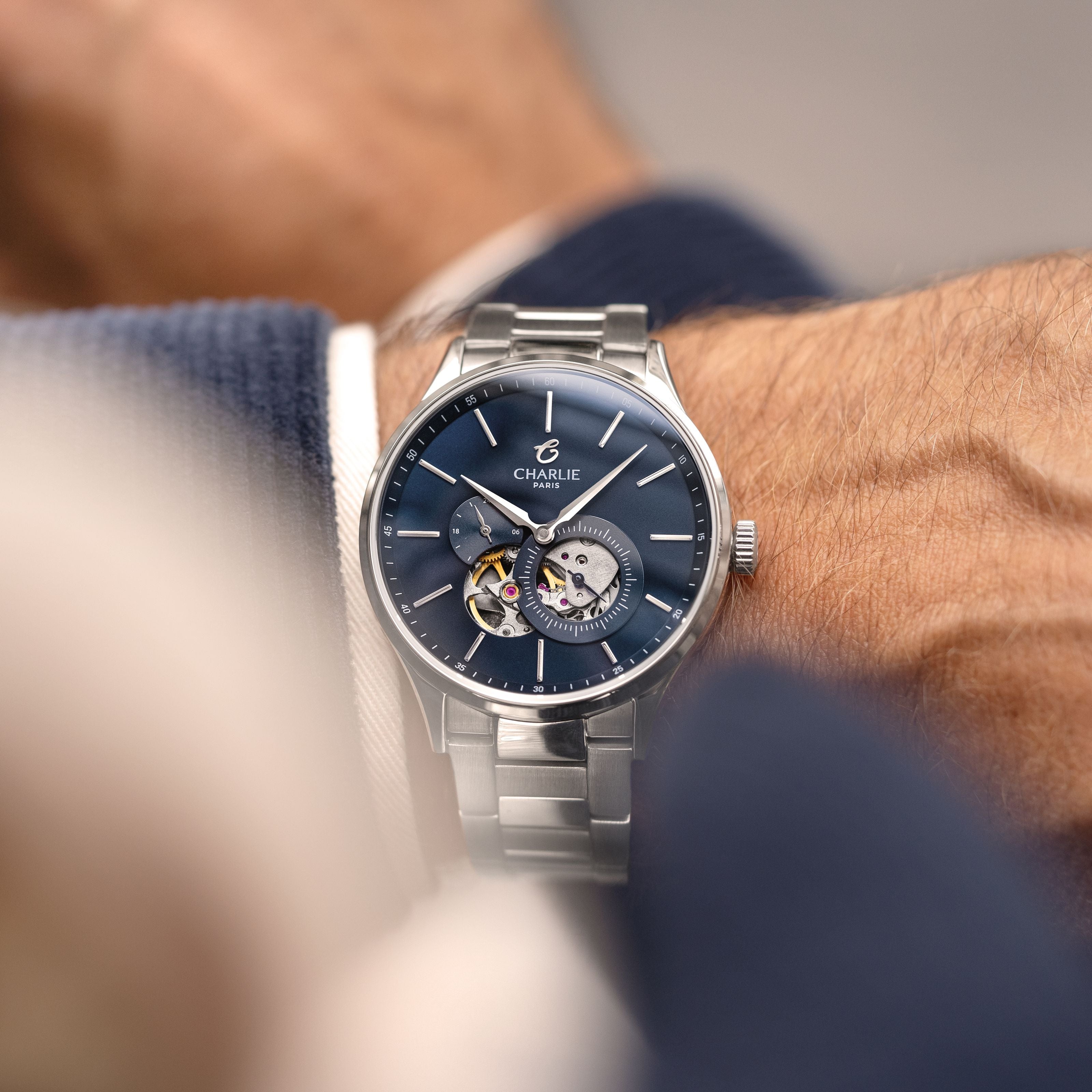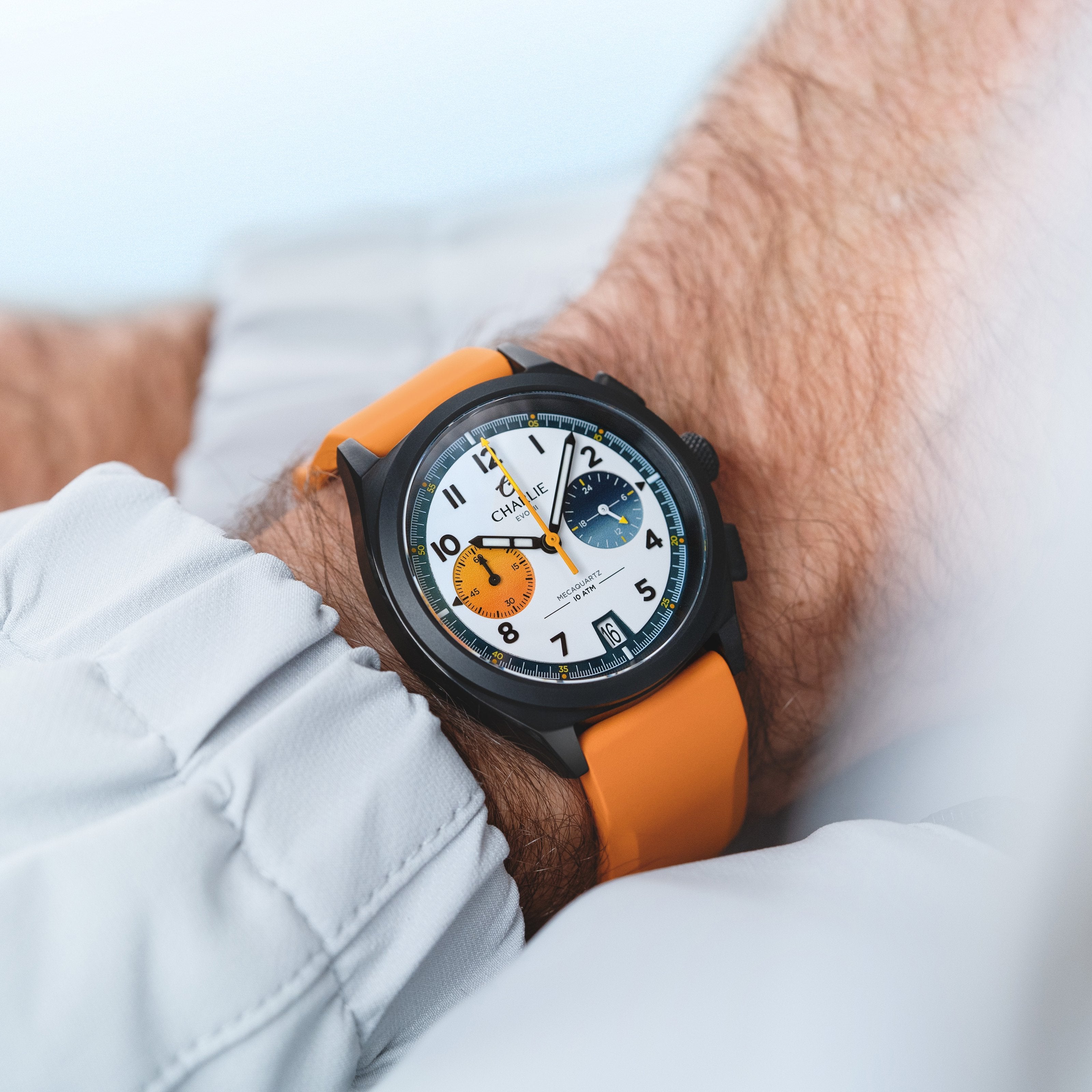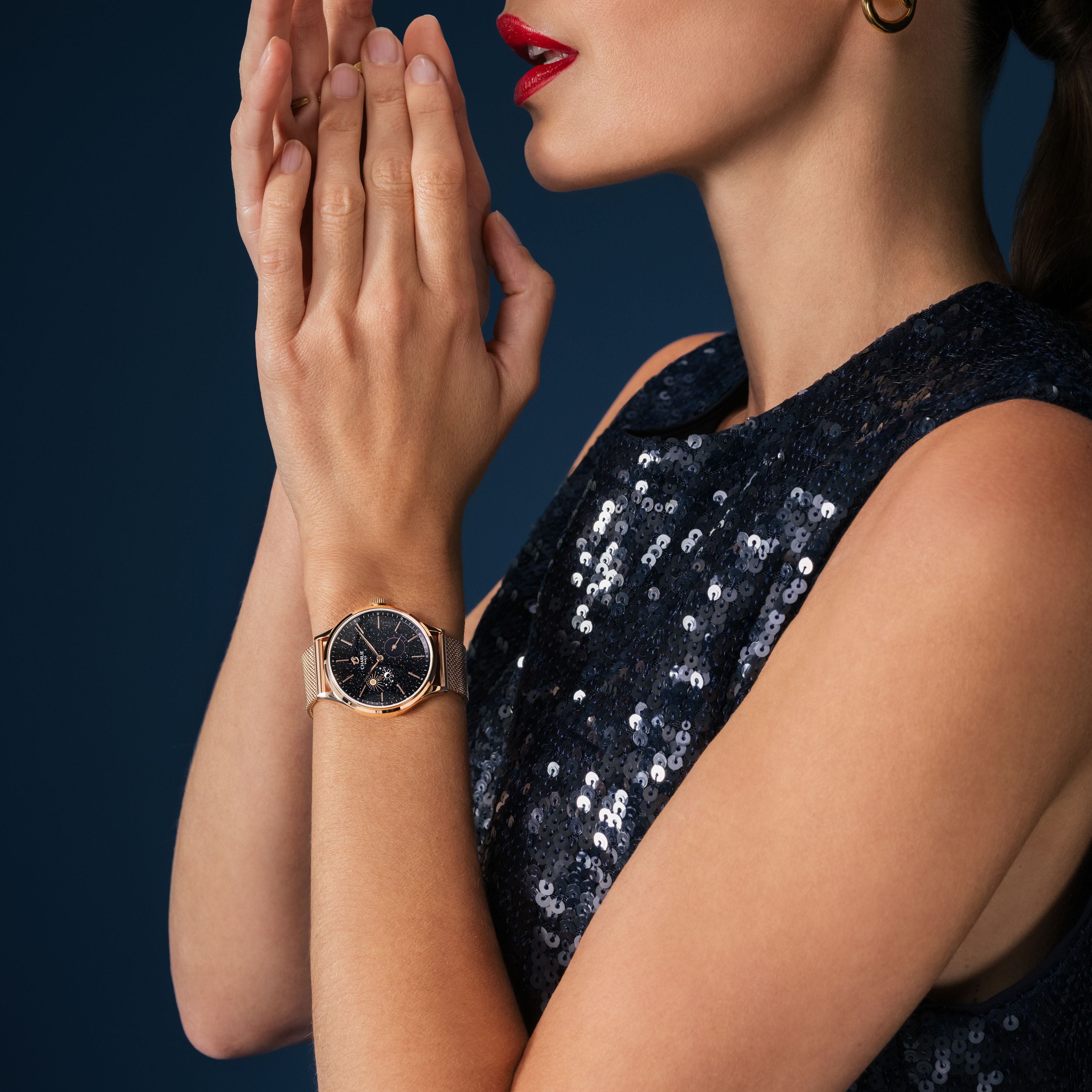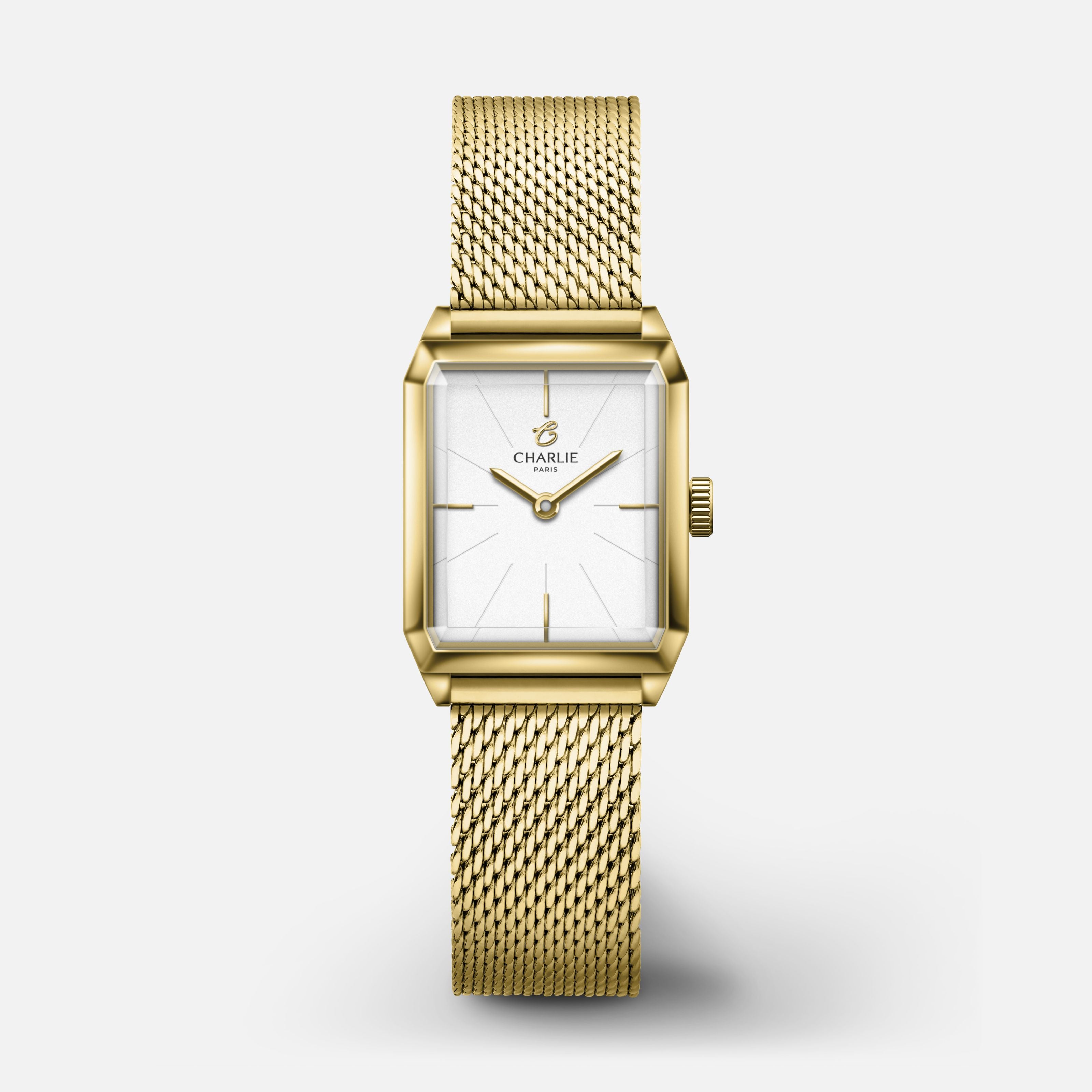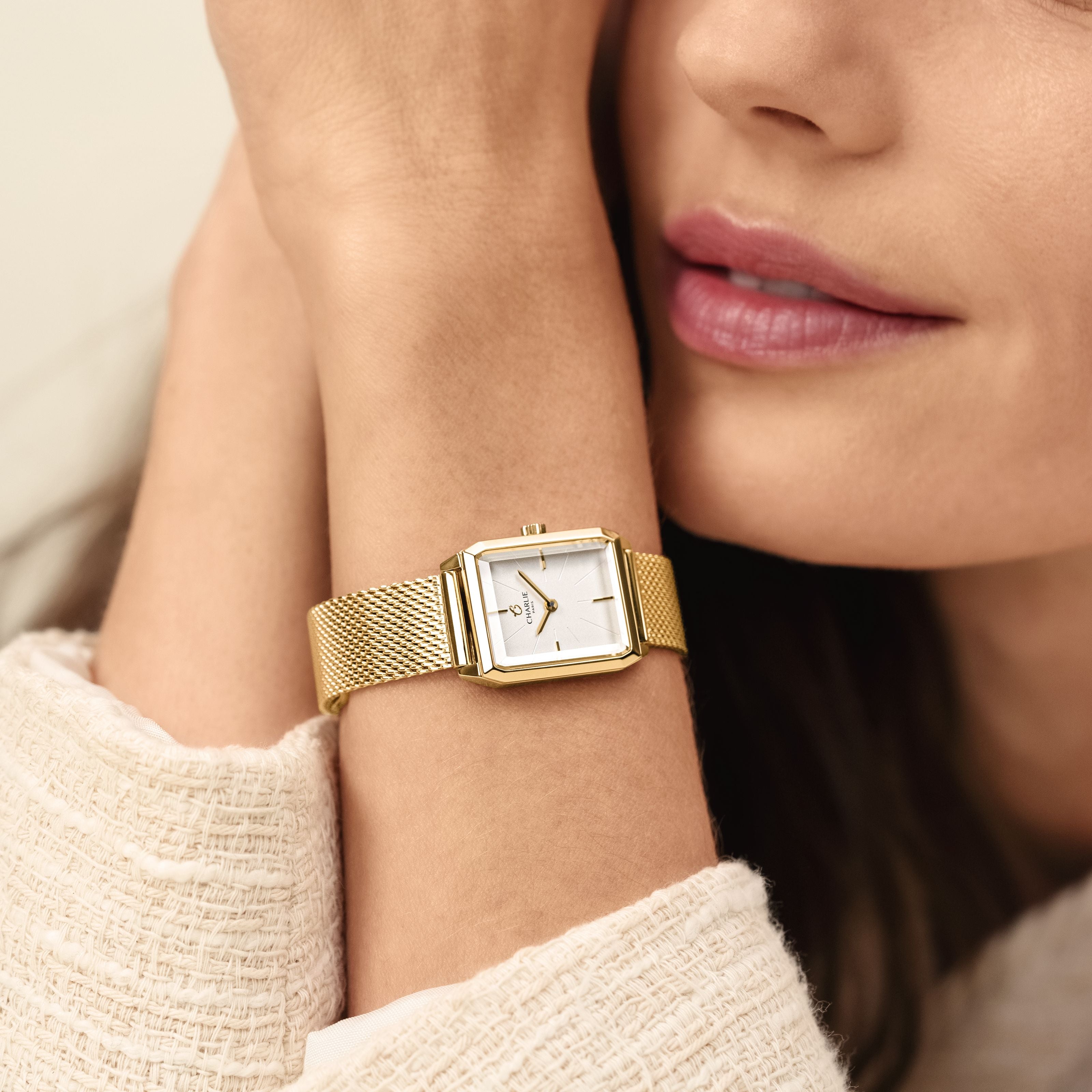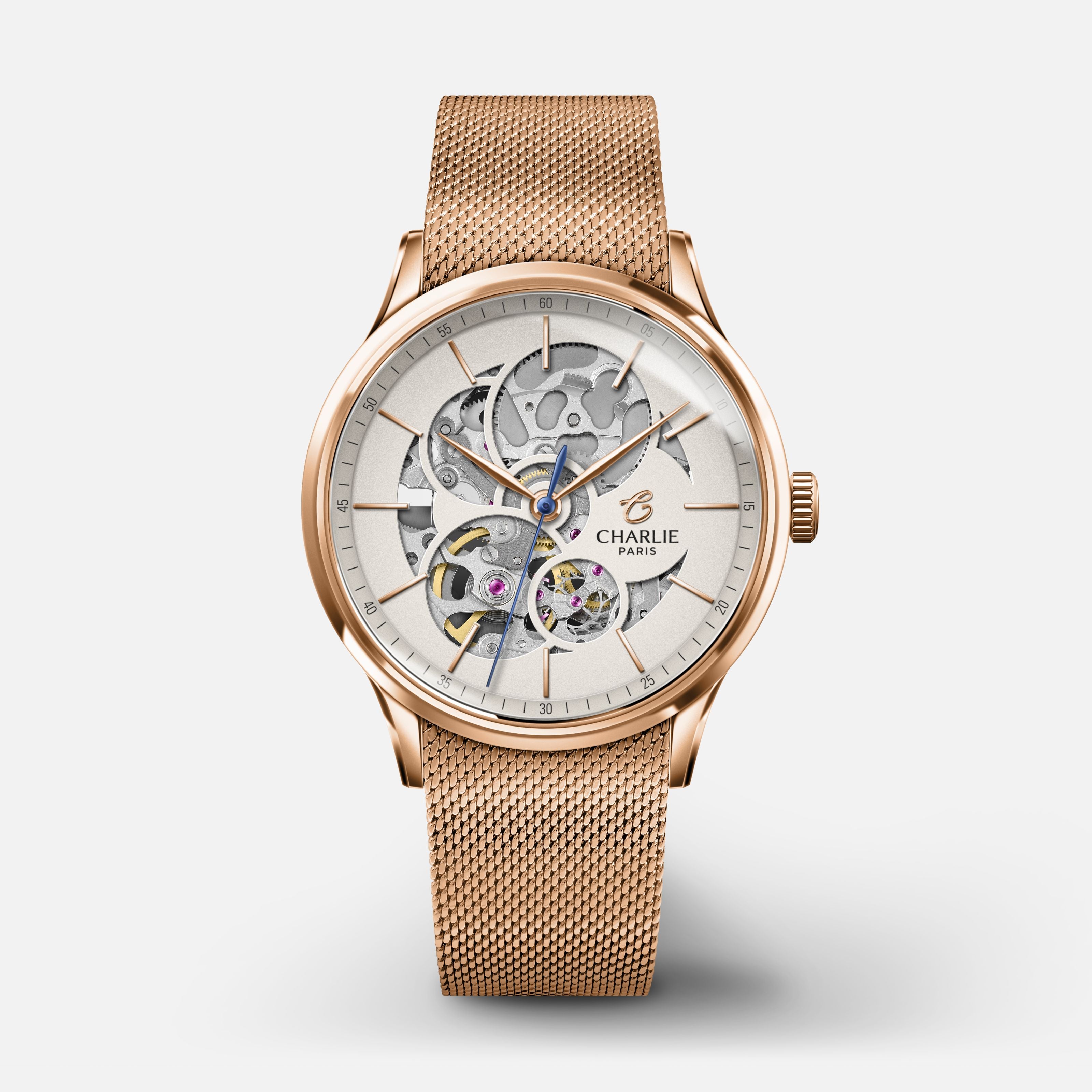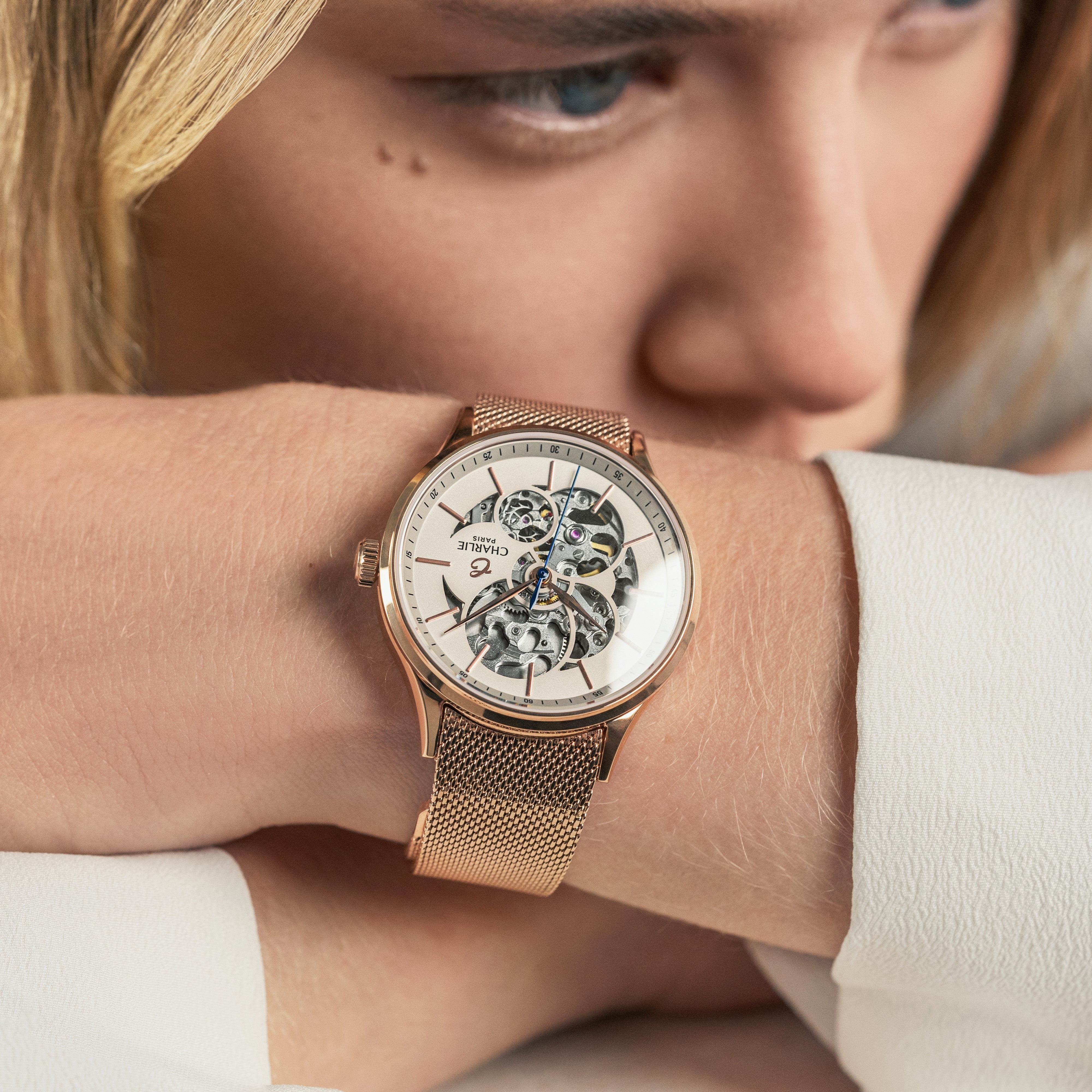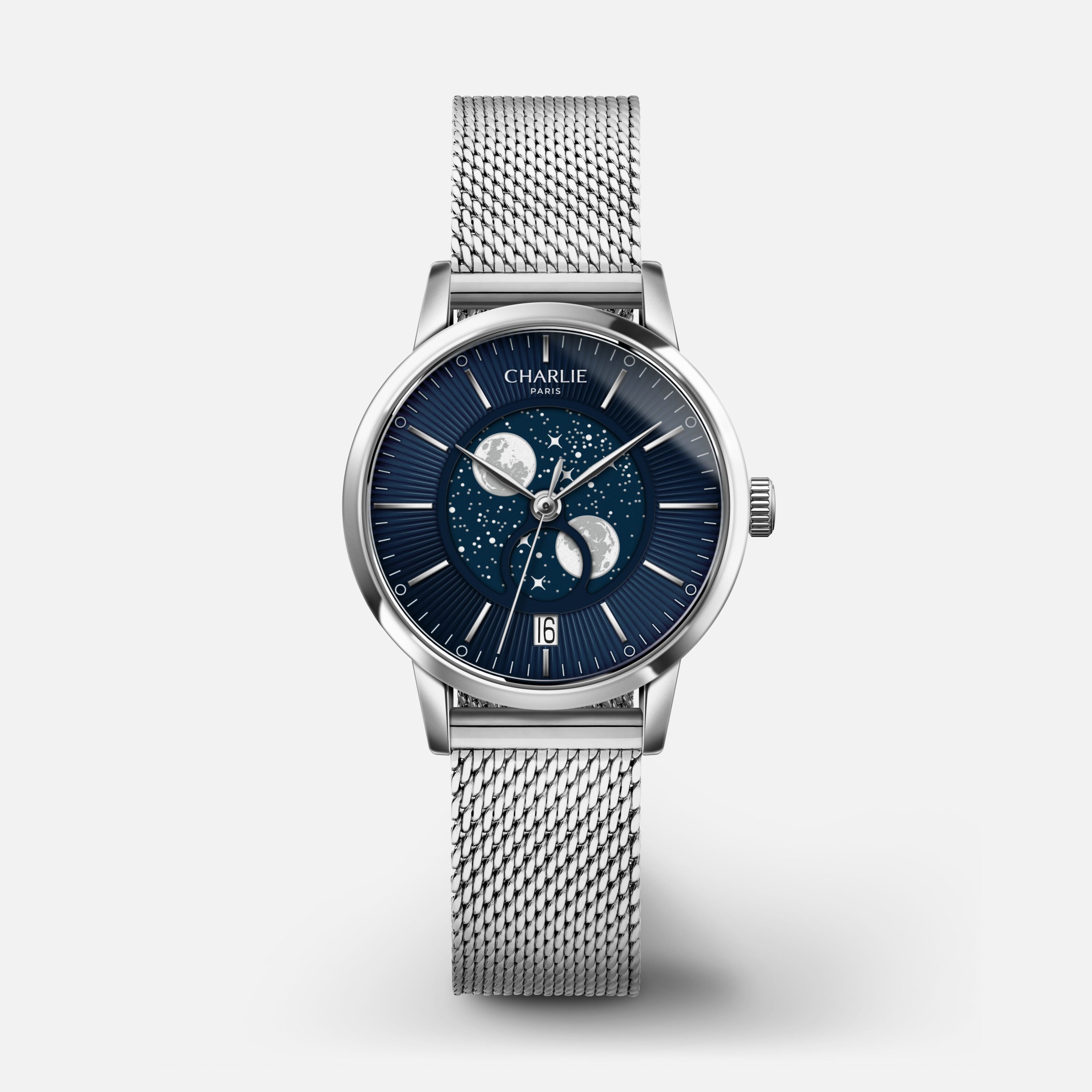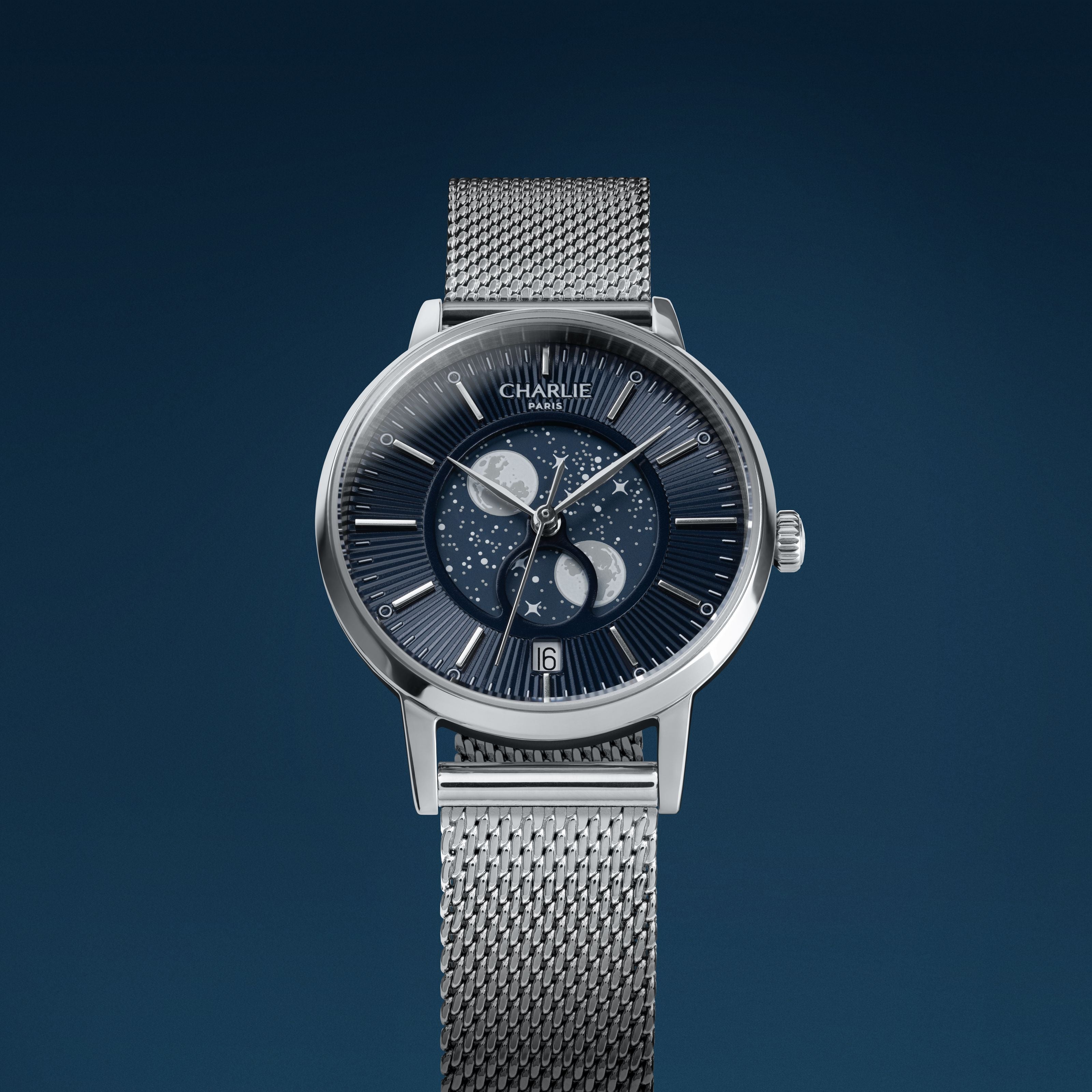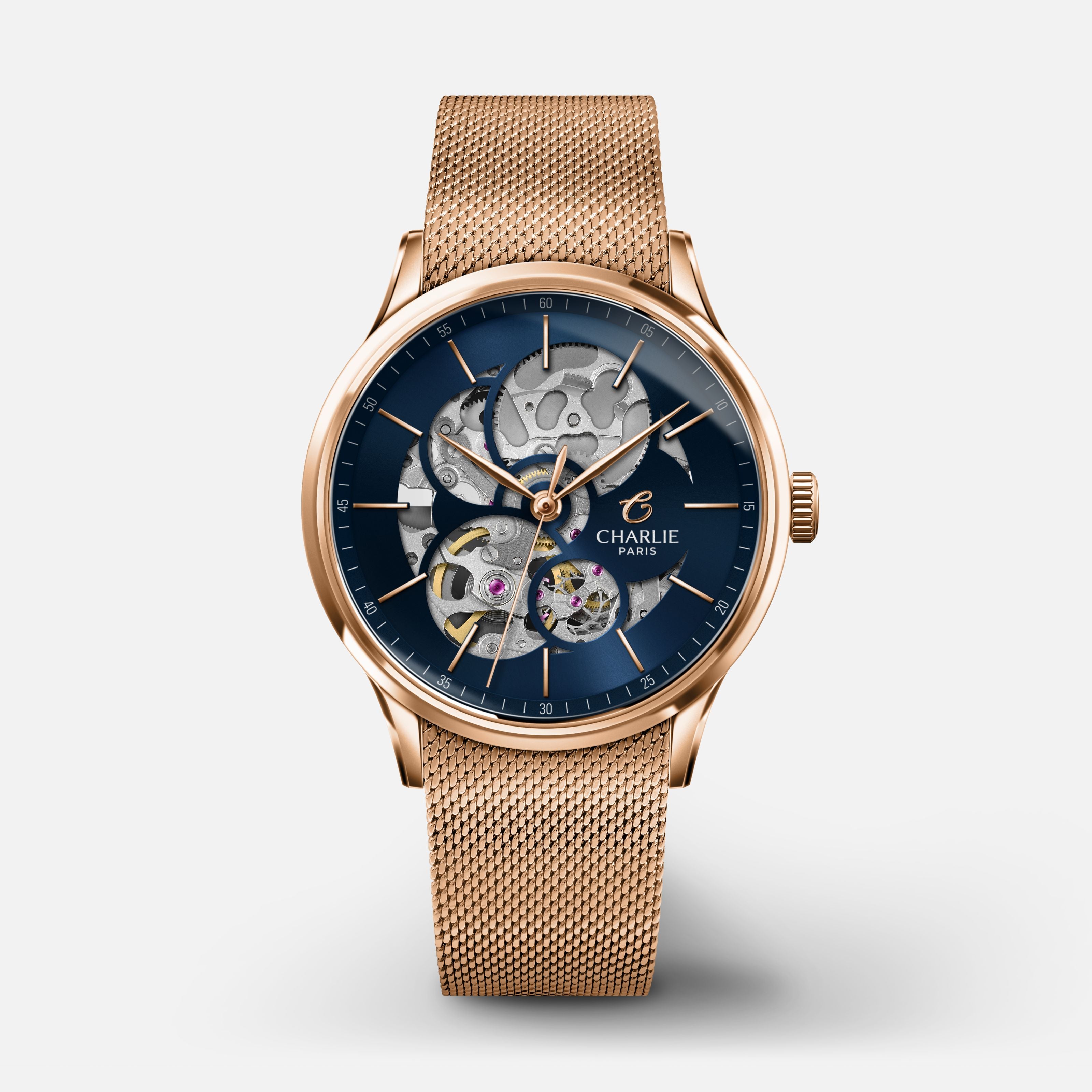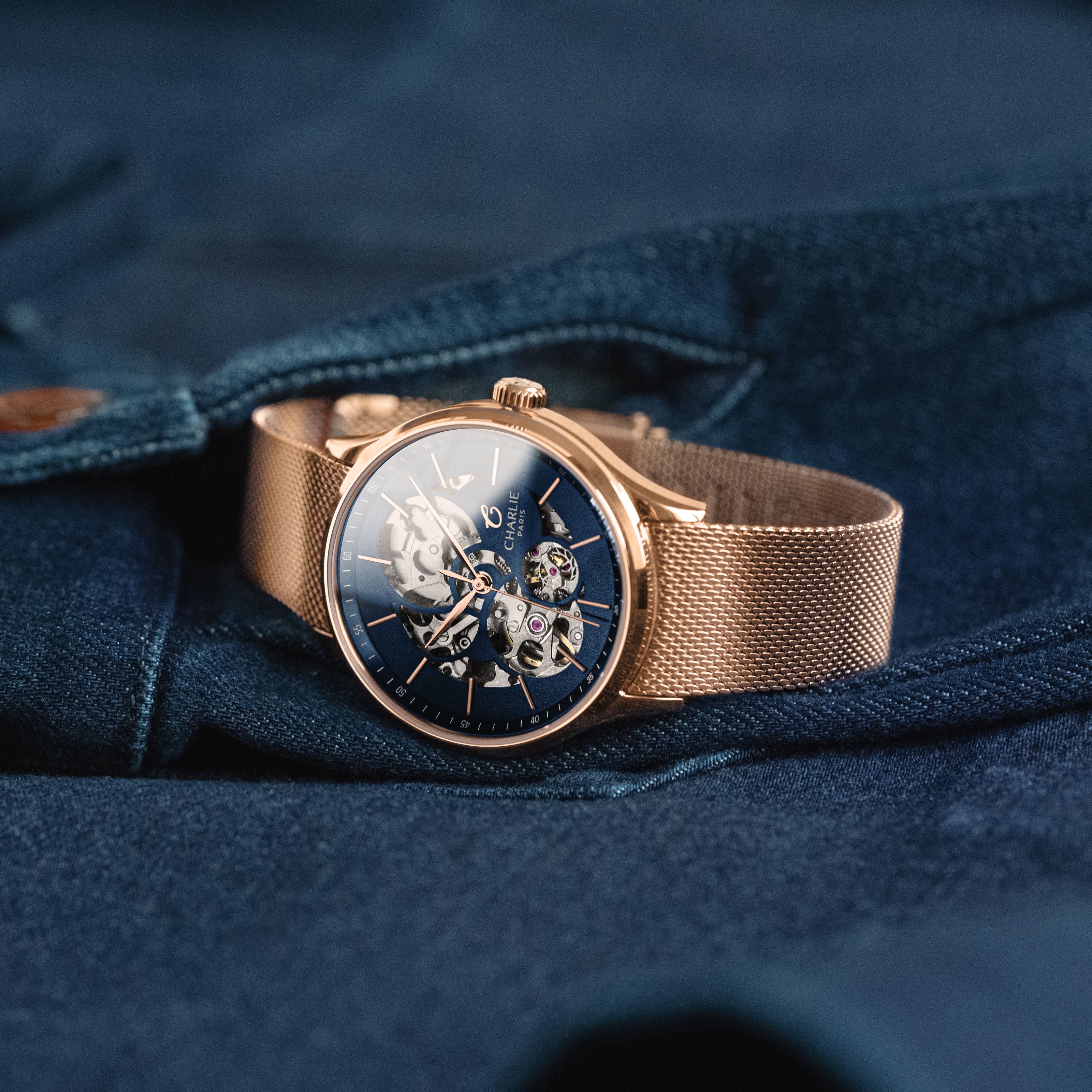A very French expression with a touch of absurdity
The expression " wait from noon to two o'clock " may seem surprising at first. Why evoke such a short interval (only two hours), as if it were an interminable or unreasonable wait? This is precisely where the subtlety of this typically French expression lies: saying a lot with little, and turning the meaning on its head.
A satirical and ironic origin
The expression originated in the 17th century and is ironic: "noon" being a fixed and well-known time, adding "fourteen hours" (or 2 p.m.) seems to artificially prolong the wait. But in reality, it mocks those who complicate what is simple, or expect the impossible. The idea is not so much to point out a long wait, but a useless, unjustified, or absurd wait.
It is therefore a form of antiphrasis, a rhetorical device common in the French language, where the literal meaning is inverted to produce a comic or critical effect.
An expression related to other French expressions
"Waiting from noon to two o'clock" joins a group of expressions which translate the uselessness of an effort or the incoherence of an approach:
- “To look for noon at two o’clock”: to complicate what is simple.
- “Getting up early in the morning at noon”: pointing out a contradiction in terms.
These phrases reveal a certain French way of handling logic with derision, of putting one's finger on the incoherence of everyday life.
How to use it today?
Today, the expression can be used to criticize excessive expectations or gently mock misplaced perfectionism.
For example: "Are you still hesitating over which watch to choose? At this rate, you'll end up waiting from noon to two o'clock to switch to Charlie time."
It remains alive, although less common in young people's language. It nevertheless retains a retro charm, imbued with a deadpan humor.

Read more
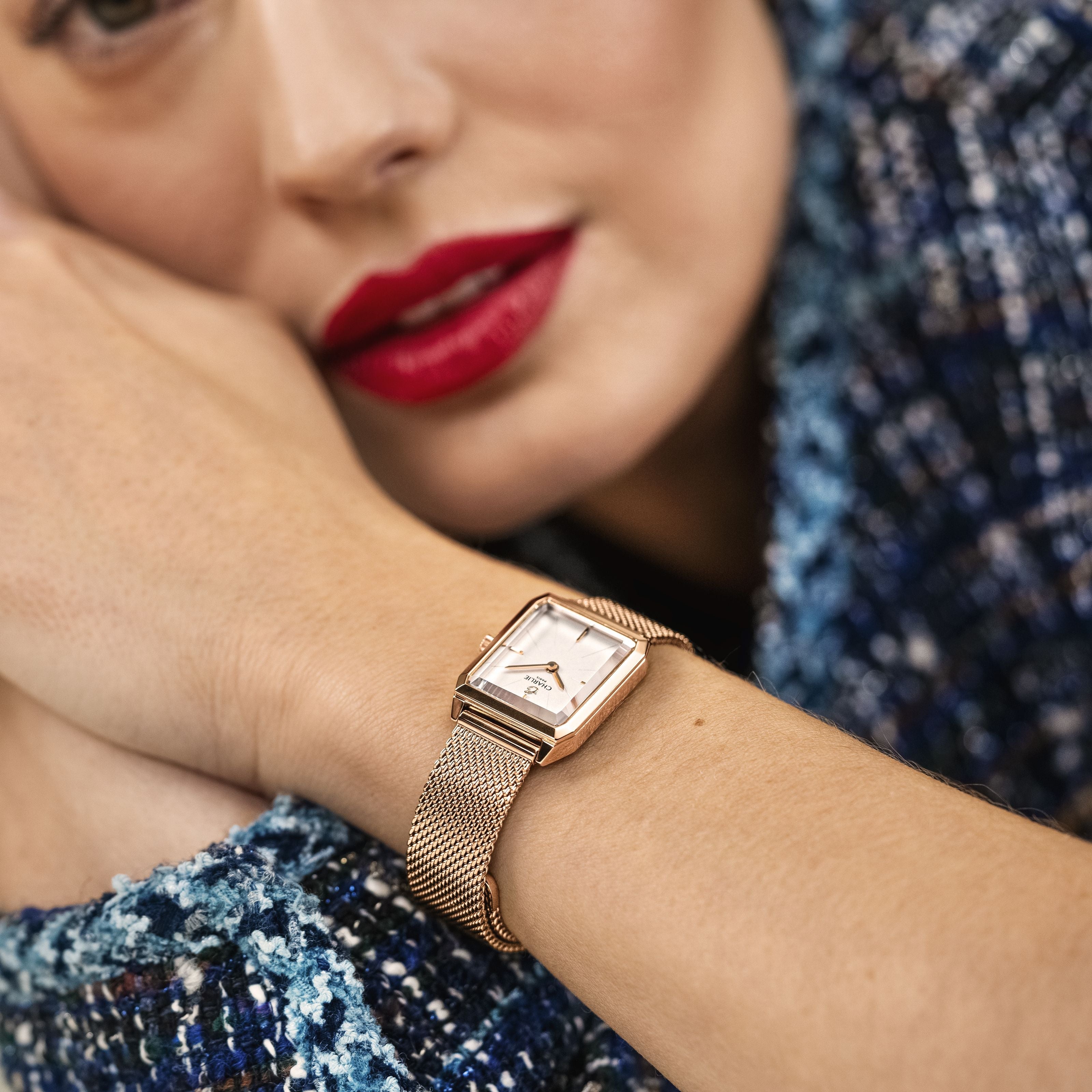
Whether you like to follow watch trends or you are simply curious about watch trends, Team Charlie Paris presents you in this article the trendy watches of this year. Discover now the trendy women'...

Through a poetic narration, both sincere and aesthetic, Charlie reinterprets “Romantic Paris” in his own way.


